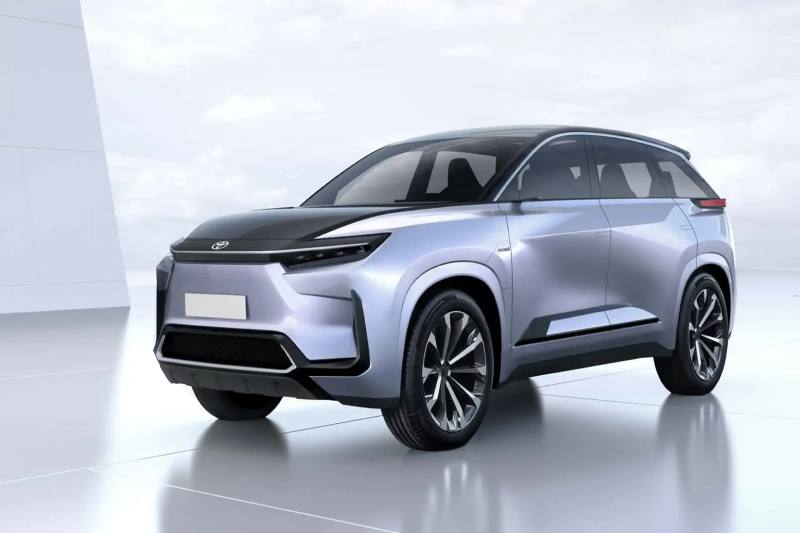
Toyota Plans to Invest $1.3 Billion to Expand its Kentucky Plant’s Electric Vehicle Production
- Business
- February 7, 2024
Toyota has declared that it will invest $1.3 billion to develop EVs in its Kentucky plant, including a three-row electric SUV intended for the US market.
The investment is in support of Toyota Kentucky’s previously stated future battery EV assembly. Additionally, a battery pack assembly line is being added, and Toyota Battery Manufacturing North Carolina will supply the batteries.
“Today’s announcement reflects our commitment to vehicle electrification and further reinvesting in our US operations,” stated Kerry Creech, president of Toyota Kentucky.
To produce batteries for its EVs and PHEVs, Toyota first announced in December 2021 that it will invest an extra $8 billion in its North Carolina EV battery facility in October 2023. It should be available the next year.
It’s encouraging to hear that Toyota has announced plans to invest in EVs, and maybe this indicates that the firm will finally start moving seriously toward REAL EVs.
Even though Toyota has invested a significant amount of money in electrification initiatives, it has a history of misrepresenting electrification, selling its hybrids as EVs, and bringing up hydrogen.
Although it lists 26 “electrified” models, it only offers two battery-electric cars: the Lexus RZ and the bZ4X SUV. That’s a fudge because the other twenty-four are hybrid models.
That’s part of its “electrified diversified” campaign, which, as Jameson Dow wrote in November 2023, “is Toyota’s attempt to push vehicles that are entirely powered by fossil fuels as if they are an important part of an automaker’s strategy toward carbon neutrality.”
Toyota’s assumption that EV technology and the market require more time to grow before meeting its reliability and efficiency standards has led to a misguided strategy that represents the company’s conservative corporate culture.
Therefore, despite its sluggish transition to electric vehicles and unfair consumer-biased greenwashing campaigns, Toyota is now making good on its words with today’s news.
Hopefully, this change signifies that the Japanese carmaker is moving over its hesitation to acknowledge the growing significance of BEVs in the US market. Because its own country might suffer as a result if it doesn’t.